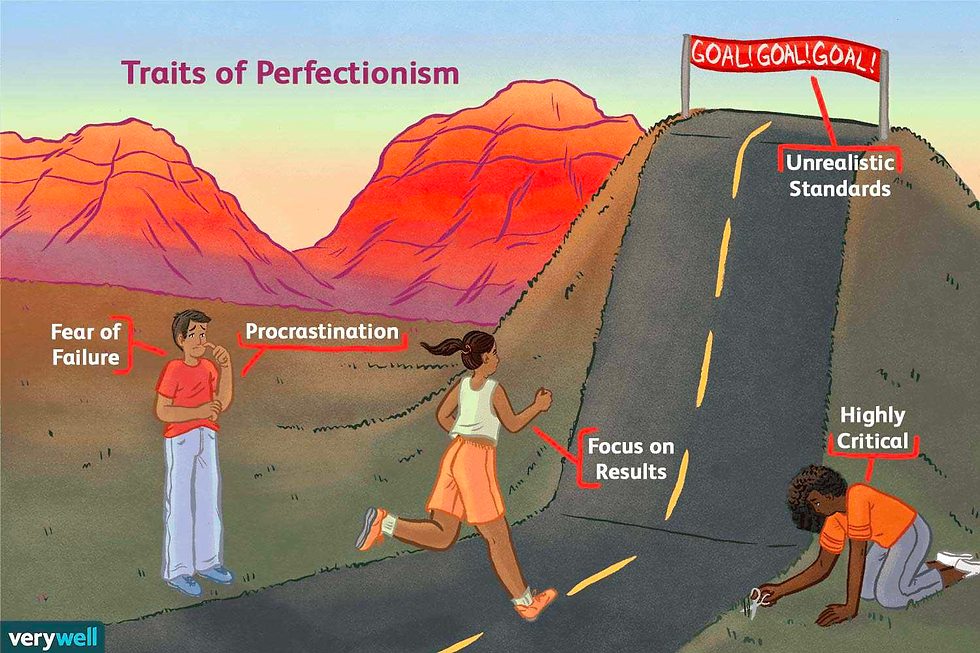Antisocial vs. Asocial: Know The Difference
- irhsridgereport
- Sep 21, 2021
- 2 min read
Updated: Jan 3, 2022
Into the Mind
Alice Hong
All around us, there are different kinds of people. Some might be outgoing and bubbly. Others might be the opposite. We might use the words “shy”, “quiet”, or “reserved” to describe people who prefer not to be the center of attention or to interact with large crowds, which all make sense. But once in a while, I’ll hear someone describe someone quiet or shy as “antisocial”.
There are a lot of people who think that the word “antisocial” means something similar to the words I listed above. However, they’ll probably find that the word “asocial” might be a better fit than “antisocial”. If you compare someone antisocial with someone asocial, you’ll find that the two aren’t the same at all.
Let’s call the antisocial person Jamie and the asocial person Erin, and let’s say someone had recently lost a loved one and is having a hard time managing their grief. Erin might be able to offer them some condolences and empathize with them even though they might be shy and less outgoing, especially if they have been through something similar. Jamie, on the other hand, would have a harder time empathizing with them and might come off as cynical or careless.
This is because the word “antisocial” is used to describe someone who has antisocial personality disorder, or ASPD. In a nutshell, people with ASPD often find it difficult to empathize or feel remorse for their own actions and tend to be more impulsive, irresponsible, manipulative, and/or hostile towards society and other people. Also, not everyone with ASPD is shy, quiet, or reserved. In fact, many people with ASPD can appear to be more charming or witty in order to get what they want. Unlike what many people think, people with ASPD aren’t all criminals, and not all of them are the same as the ruthless serial killers we’ve seen in movies. Unfortunately for Jamie, there’s actually a lot of stigma and misconceptions around ASPD, similarly to almost any other mental illness, so keep in mind that the word “antisocial” isn’t and shouldn’t be used as an insult. It’s simply a clinical term used to describe behavior that is reminiscent of the symptoms of ASPD.
The word “asocial”, on the other hand, is used to describe someone like Erin, who might be shy, avoid social interaction, or just prefers being by themselves. They might dislike going to big parties or gatherings with many people and would much rather spend time with one or two of their close friends or with no one at all. While Erin might decide to decline an invitation to a big party, Jamie might be perfectly willing to go and might even be the life of the party with their charming demeanor.
Although there’s nothing wrong with small misunderstandings, it’s better to know what “asocial” and “antisocial” actually mean. Hopefully, the next time you talk about someone shy or quiet who prefers being alone, you’ll replace the word “antisocial” with “asocial” instead!




Comments